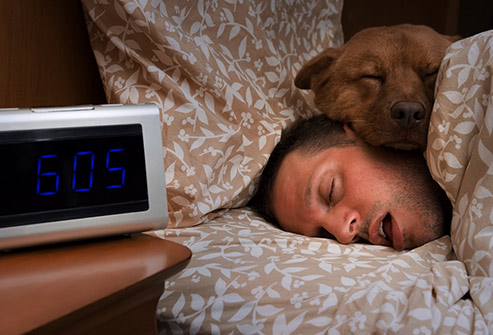Sleep is such a vital part of staying mentally and physically healthy, but how do you get it? Sleep (or not enough of it) is implicated in depression and weight gain. Experts advocate between 7 – 9 hours of sleep is optimum. Me – I need 8.5 hours of sleep per night to recharge my batteries.
Some people struggle with getting to sleep, or for others, its waking up in the early hours of the morning and not being able to get back to sleep.
You may not realise it, but some of the strategies you normally use may be contributing to poor sleep hygiene. So I’m going to give you a few tip’s to get that good night sleep you’ve all been craving…
In my personal view, the following three factors are very important in getting a good night’s sleep:
- Be cool (no, not going to bed with your sunglasses on) – optimum air temperature is around 16-18 degrees Celsius.
- Have a resting heart rate – this is the heart rate you have when you are feeling relaxed and calm, not super stressed out or after running six kilometres!
- Having a totally dark room – no flashing gizmos, and no gaps around the blind on your window.
So, let’s look at these three points again. If you normally toss and turn at night as a strategy to try and get to sleep, it won’t work well. Why? Because when you toss and turn, you are elevating your heart rate and increasing the heat in your body. Also, if you turn the light on and start to read a book, that will interfere with the production of melatonin in your body, the substance in your brain that helps you get to sleep.
So, if you are waking up in the early hours of the morning, try these strategies:
- Take the pressure off! Tell yourself in a gentle, calm voice; “this is an opportunity for me to get back to sleep”, instead of “Ahhhhhhh, I MUST get back to sleep!!”
- Stay out of your head – stay relaxed, breathe, focus on your breathing, and slow it down. This will help get your heart rate down. Try progressive muscle relaxation as well (your psychologist can show you how to do this).
- If you have been lying in bed for more than 20 minutes, slowly sit up or get out of bed. Take the opportunity to sit in an armchair (or on the side of your bed), and allow yourself to cool down. Take a sip of water, and then slowly go back to bed and lie down again.
- If you find yourself worrying about last minute visitors coming to stay in a couple of days, or delivering that speech to your boss, or any other worries for that matter, postpone the worry and schedule it for the next day when you are not in bed. Write the worry down, if your brain is going into over-drive, and tell yourself “I will give myself permission to worry about this tomorrow at (your nominated time)…” Try not to think about it until your scheduled time.
These are just a few tips to get you started. Your psychologist has many more tips to help you, along with more individualised sleep strategies to try.
Why not come in and learn how to rest and restore your body! Call us on (02) 4244 5636 to book an appointment.



